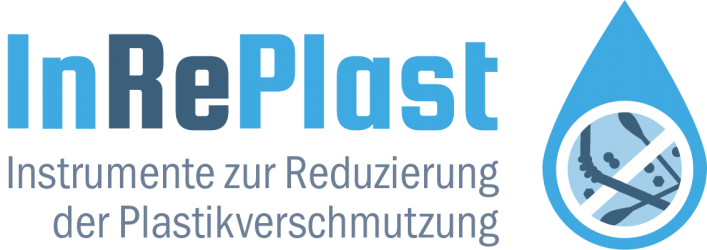- Forschungsinstitut für Wasserwirtschaft und Klimazukunft an der RWTH Aachen (FiW) e.V. - Germany,
- Hochschule Darmstadt, Fachgebiet Umwelt- und Energierecht - Germany,
- Technische Universität Clausthal – Abteilung für Volkswirtschaftslehre, Institut für Wirtschaftswissenschaft - Germany
Products made of plastics or plastic composites are omnipresent in our everyday lives. Accordingly, both the sources and the types of plastics that can be found in the sewage system - from where they can enter the environment - are also very diverse. How and which plastics end up in wastewater and how these inputs can be reduced with the help of environmental legislation is the focus of the joint research project InRePlast. Based on an analysis of sources, entry points and polluters, the researchers are developing and testing measures for behavioural changes. These measures are intended to motivate households and companies to reduce the amount of plastics entering water bodies. The project partners are also working on proposals to improve the legal framework.
Want to analyze based on this project via our analysis tool? Analyze this project
Knowledge Gaps
Degradation
Environmental fate and behavior of plastic
Commercial-related uncertainties
Environmental exposure
Consumer exposure
Publications
